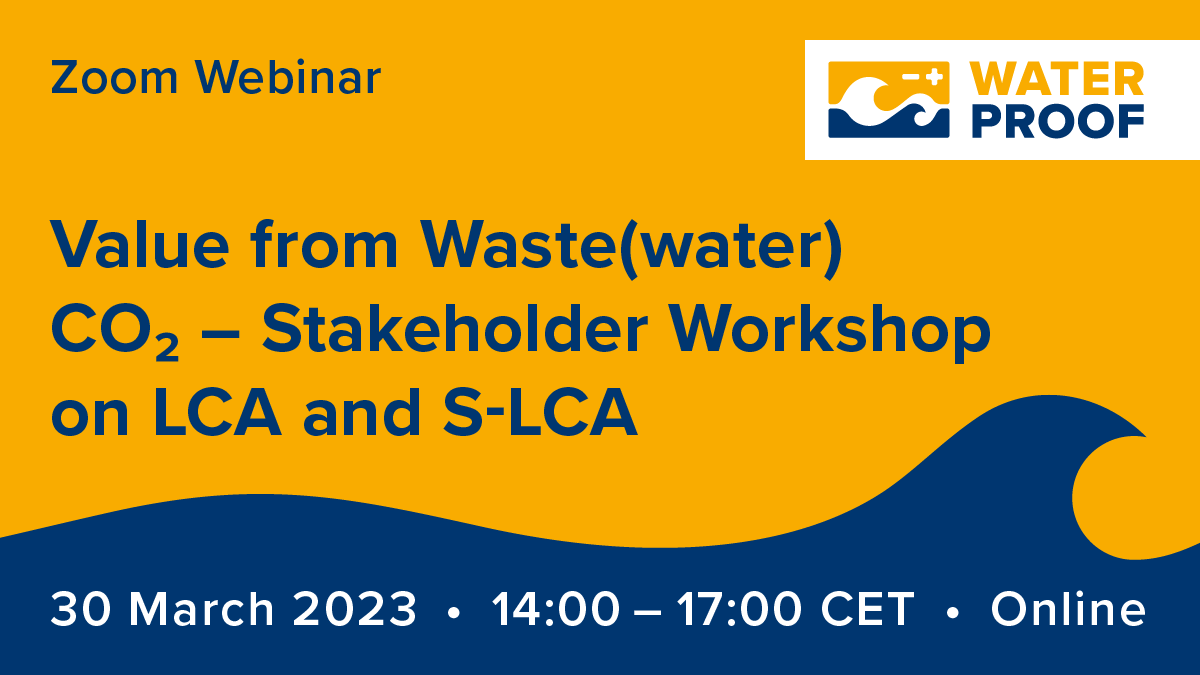
Life Cycle Assessment (LCA) and Social Life Cycle Assessment (S-LCA) have established themselves as powerful tools to evaluate the environmental and social impacts of products and processes. The use of LCA and S-LCA can help to better understand the sustainability performance of a chosen process, and to identify ways in which it can be improved. For example, to reduce the environmental and social impacts of the production processes through the use of renewable energy or the adoption of more sustainable production methods. However, using CO2 as a feedstock confronts both instruments with a variety of challenges.
CO₂ is a versatile feedstock that can be captured either directly from the air or from an emission source and can be used in a variety of applications. These include the production of chemicals, fuels, and materials. One of the key benefits of using CO₂ as a feedstock is the reduction of greenhouse gas emissions by sequestering CO₂ that would otherwise be released into the atmosphere. However, the environmental and social impacts of using CO₂ as a feedstock can vary depending on the specific application and the processes leading to the end product. The WaterProof project aims to utilize CO2 by developing an electrochemistry-based conversion-technology using CO2 from waste(water) treatment and waste incineration facilities in order to produce sustainable formic acid. This formic acid will be tested in various consumer applications such as the tanning of fish leather apparel or the production of cleaning detergents, but also used to create novel Acidic Deep Eutectic Solvents (ADES) for the recovery of precious metals from wastewater sludge
WaterProof has made the LCA a central aspect of its approach, considering the entire life cycle of the involved products and processes, from CO₂ capture to end-of-life disposal including economic evaluation. Hand in hand with LCA goes the S-LCA, further considering the social impacts of a product or process, including factors such as fair labor, human health, social well-being, the immediate impact on local communities or the availability of the feedstock in order to evaluate the transferability of the technology to other global communities.
As the WaterProof consortium includes a variety of experts from science and industry with very different levels of knowledge when it comes to LCA and S-LCA, this webinar aims to provide a sufficient level of understanding for all parties involved.
You are kindly invited to join us online:
30 March 14:00-17:00h CET
The webinar is supported by external experts Dr. Ema Nemet from the Process Design Center in the Netherlands and Shraddha Mehta from Sintef Ocean in Norway.
Register here https://us02web.zoom.us/webinar/register/WN_HO4Np84nRj2m_nLXxjT5-g
Find the Agenda below:
14.00-14.10 Dr. Annelie Jongerius and Dr. Sophie van Vreeswijk (Avantium) – Introduction to the WaterProof project
14:10-15:00 Dr. Matthias Stratmann (nova-Institute) – Sustainability and Life Cycle Assessment – An introduction to key elements and methodology
15:00-15:40 Dr. Ema Nemet (Process Design Center) – Conceptual design of processes hand in hand with environmental LCA and techno-economic evaluation
15:40-16:20 Shraddha Mehta (Sintef Ocean) – Quantifying social sustainability and challenges in emissions accounting when waste becomes input
16:20 Discussion
About the he WaterProof project
The WaterProof Project receives funding from the Horizon Europe Framework Programme under the Grant Agreement Number 101058578. Views and opinions expressed are however those of the author(s) only and do not necessarily reflect those of the European Union. Neither the European Union nor the granting authority can be held responsible for them.
More information is available on https://waterproof-project.eu
Source
nova-Institute, press release, 2023-03-24.
Supplier
Avantium Technologies B.V.
nova-Institut GmbH
Process Design Center BV
SINTEF
Share
Renewable Carbon News – Daily Newsletter
Subscribe to our daily email newsletter – the world's leading newsletter on renewable materials and chemicals









